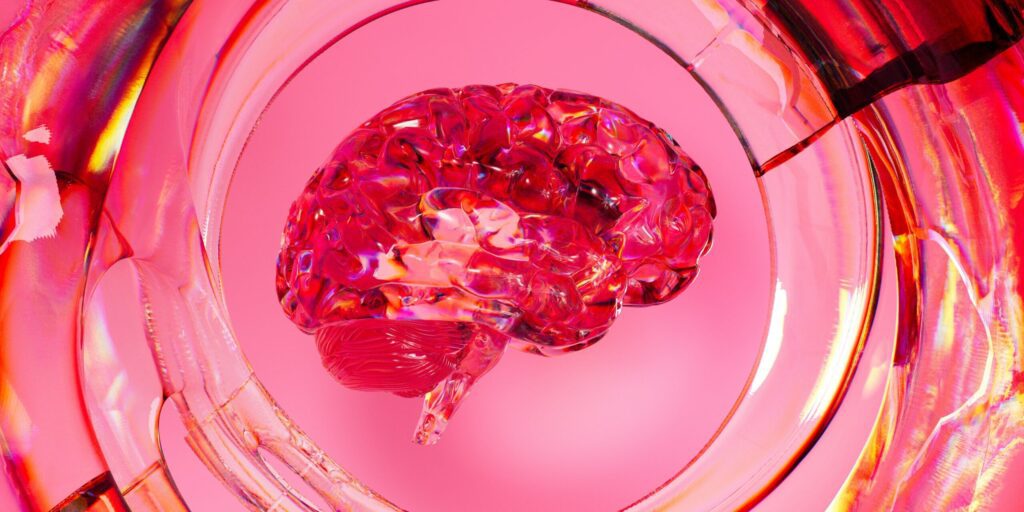A team of researchers from the University of Illinois has made a groundbreaking advancement in medical imaging by developing a 12-minute MRI that can map brain chemistry in real time. This revolutionary technology could change the way neurologists diagnose and treat a variety of brain disorders, including Alzheimer’s disease, Parkinson’s disease, and multiple sclerosis.
A Leap Forward in Medical Imaging
Traditional MRI scans are effective for showing brain structure, but they fall short when it comes to assessing brain chemistry, which plays a crucial role in understanding neurological health. The newly developed ultrafast MRI system uses advanced imaging techniques and sophisticated algorithms to measure the brain’s metabolic processes, providing doctors with a dynamic view of how the brain functions at a chemical level.
The 12-minute MRI allows for quicker diagnostics and monitoring of brain activity, offering a non-invasive and more efficient way to assess brain health. Researchers have emphasized that this technology could enable earlier detection of diseases before structural damage to the brain is visible on standard MRIs, potentially revolutionizing the way neurological diseases are diagnosed and treated.
How It Works: Real-Time Brain Chemistry Visualization
The key innovation of this ultrafast MRI lies in its ability to visualize metabolic activity in real time. Using a process called magnetic resonance spectroscopy (MRS), the MRI captures data on the concentrations of various metabolites in the brain, such as glucose and lactate, which are crucial indicators of brain function and health.
In the past, MRI scans could only capture images of physical brain structures like gray matter, white matter, and ventricles. However, this new MRI technique provides a more comprehensive view of how these structures are functioning. For example, Alzheimer’s disease may cause subtle chemical changes in the brain long before noticeable physical damage occurs, making early diagnosis difficult with traditional methods. With the 12-minute MRI, doctors can detect these early chemical imbalances and intervene much sooner, potentially improving outcomes for patients.
Implications for Healthcare and Neurology
The breakthrough is expected to have far-reaching implications for the treatment of neurological conditions. By providing clinicians with detailed chemical maps of the brain, the new MRI system could lead to more personalized treatment plans for patients. Doctors will be able to adjust therapies based on an individual’s unique brain chemistry, rather than relying on a one-size-fits-all approach.
For researchers, this new imaging technology opens up new possibilities for studying the brain in ways that were previously unimaginable. The ability to observe real-time chemical changes will not only improve diagnostics but also accelerate the development of new drugs and therapies aimed at restoring brain health.
Moreover, this technology could significantly reduce the time and cost associated with traditional diagnostic methods, benefiting both patients and healthcare systems. Its implementation could make brain health monitoring more accessible to a larger population, especially for those who are at risk of developing neurological disorders.
A Bright Future for Early Diagnostics
As this technology becomes more widely available, its impact will likely extend beyond just clinical settings. Researchers anticipate that the ultrafast MRI will play a pivotal role in clinical trials, where it can be used to track how treatments affect brain chemistry. This could expedite the process of developing more effective therapies for brain-related diseases.
With the development of the 12-minute MRI, the landscape of brain health diagnostics is set to undergo a transformation. Early intervention could improve the quality of life for millions of patients and pave the way for more effective treatments in the future.


